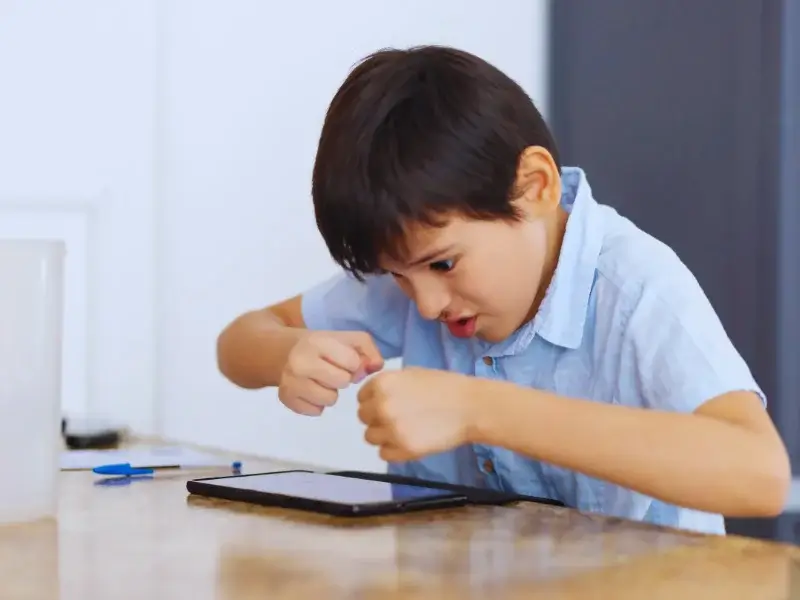It is quite normal for all of us to want to adapt or fit in with our circle of friends or with the ones we look up to. Wanting to be more alike with our friends is just natural. However, if it raises some concerns, especially with your child, know that there are ways you can be of help.
In this blog, we seek to raise awareness of the impact of peer pressure to teenagers.
What is peer pressure and how does it work?
Peer pressure is a result of a person’s urge of getting approval.
By wanting to gain new friends or to feel accepted, peer pressure makes teenagers give in to doing something that they wouldn’t normally do.
In some cases, however, peer pressure can also be a result of bullying. Some teenagers feel the need to conform in fear of being teased or hurt by the bullies.
In what ways does peer pressure affect teenagers?
While peer pressure is often tagged with all the negative results to teens, there are also ways wherein peer pressure helps. Listed below are the positive and negative impacts of peer pressure to teens.
Pros
For troubled teens who are acting out of character, finding a set of friends who demonstrate good values can help them.
It can boost one’s self-esteem because of the sense of belonging and support they get from their peers.
Teens are able to enjoy new hobbies and interests that strengthen their mental health.
Teens can generally adapt positive habits and behavior that improve their overall health.
Cons
Without proper supervision,
They can be exposed to vices such as alcohol, drugs and cigarettes.
They can get distracted with their studies and can lead to poor performance at school.
They tend to distance themselves from their family and old set of friends.
They can develop anxiety and depression if they can’t get along with their peers. In worst cases, too much peer
pressure can lead to suicidal thoughts among teens.
If you are concerned about the effects of peer pressure on your child and you observe that it’s taking its toll on their life, as their parent, know that there are so many ways you can help them.You can follow our next blog and get to know the things you can do. Or you can call us today at (480) 367-1500 so we can discuss what we can do for you and your child.






